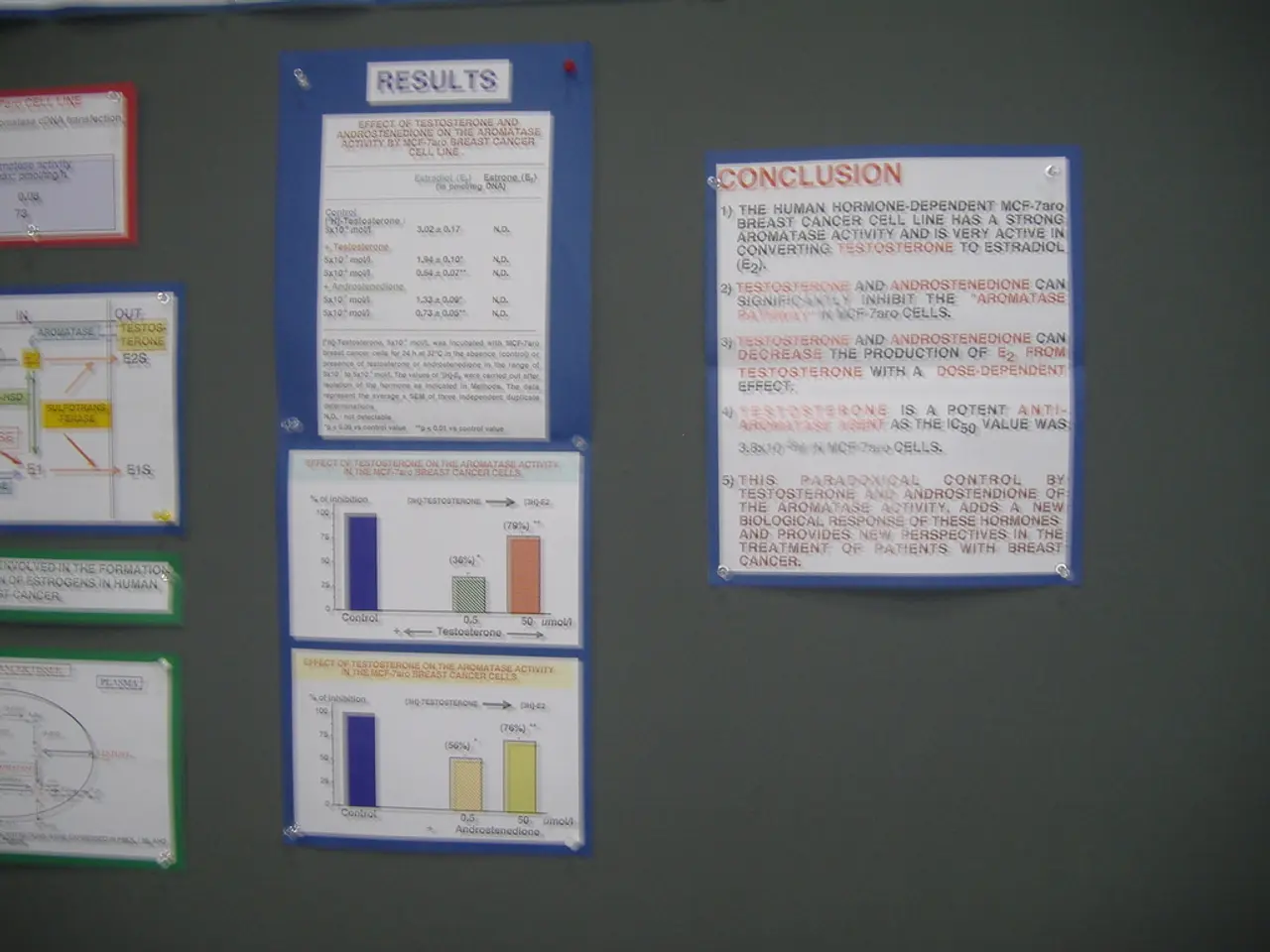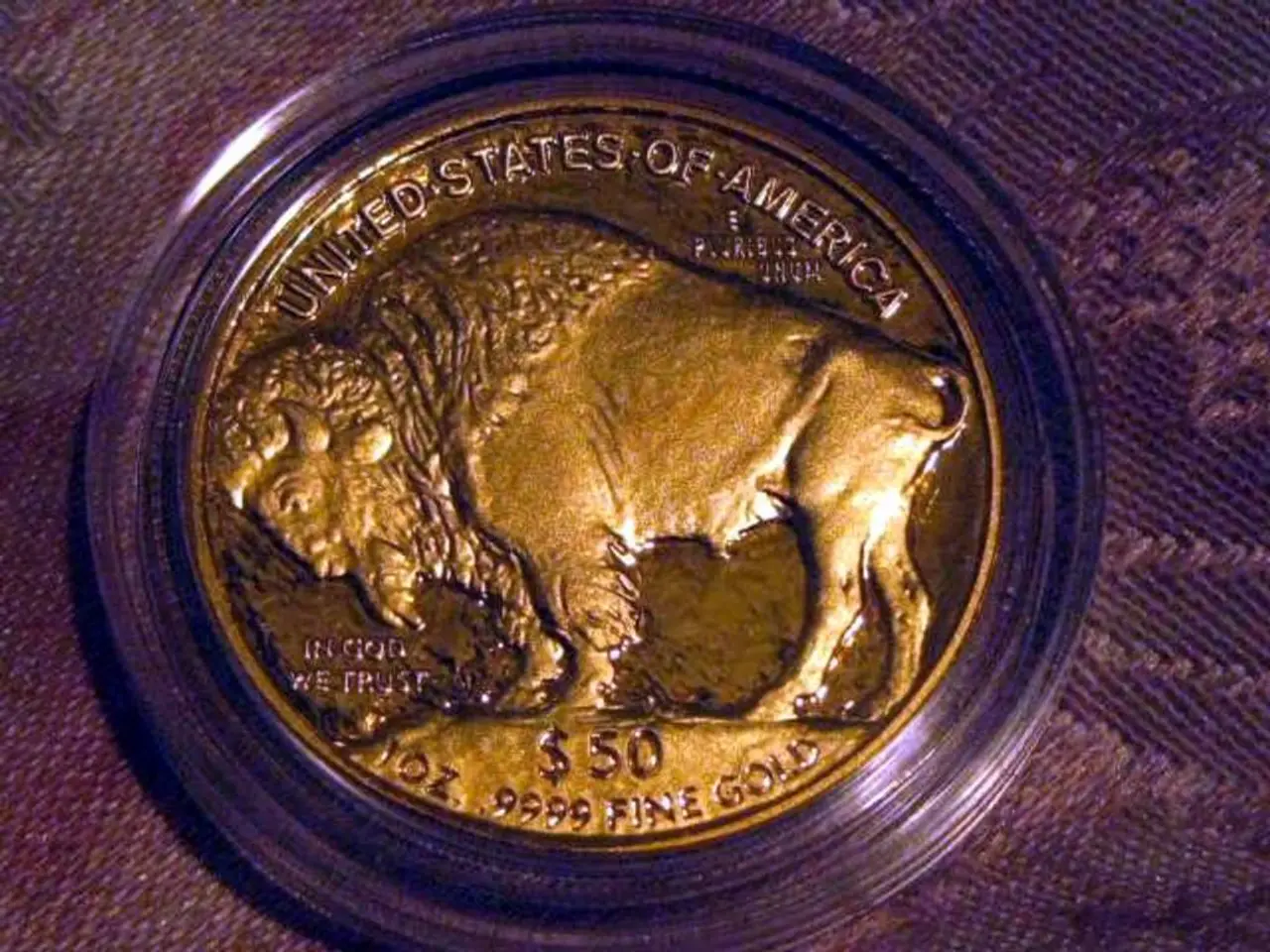Parliamentary Committee for Public Accounts
The Vital Role of India's Public Accounts Committee (PAC)
The Public Accounts Committee (PAC) of India is a crucial recommendatory body, often referred to as the "mother of all parliamentary committees." This committee serves as the conscience keeper of the government, ensuring that public funds granted by Parliament are spent within approved demands and in accordance with legal and financial propriety.
The PAC's Function
The primary function of the PAC is to audit public expenditure and maintain control over the public purse. It examines cases of financial irregularities and misuse of funds based on Comptroller and Auditor General (CAG) reports, and summons government officials and departments to present evidence and explain their financial management.
Achievements and Limitations
The PAC acts as a significant watchdog by following up on CAG audits and holding the government accountable. It enhances transparency and accountability in government financial operations, promoting honesty and fighting against corruption by exposing misuse and irregularities in public spending.
However, the PAC's work is post-mortem in nature, meaning it only scrutinizes audit reports after the expenditure has occurred. Recommendations by the PAC are not binding, relying on the government’s willingness to act. Limited resources and political pressures can also restrict its effectiveness.
Financial Accountability and Control Over Public Purse
The PAC ensures that public funds are spent in accordance with legal and financial rules, reviewing the utilization of the Consolidated Fund, Contingency Fund, and Public Accounts audited by the CAG. It works closely with the CAG, which serves as the guardian of the public purse, auditing all government receipts and expenditures.
Impact on Corruption and Misuse of Public Funds
By exposing irregularities flagged by the CAG and demanding explanations and corrective actions, the PAC plays a critical role in deterring corruption and misuse of funds. However, the extent to which the PAC curtails corruption depends on follow-up by the government and enforcement agencies.
Potential Way Forward
To strengthen the PAC, potential improvements include empowering it to hire expert members and professionals, having its own secretariat, setting performance metrics for its recommendations, and requiring action taken reports by the executive. Increasing transparency by making PAC proceedings and reports more accessible to the public is also important. Improving coordination between the PAC, CAG, and anti-corruption bodies for integrated oversight is another key step.
In summary, the PAC in India functions as a crucial quasi-judicial parliamentary body ensuring post-facto accountability of government expenditure, primarily by examining CAG audit reports. Despite achievements in enhancing transparency and deterrence of corruption, its limitations stem from non-binding recommendations and reliance on government cooperation. Strengthening the PAC's authority and resources is key for advancing its role in controlling the public purse and combating misuse.
[1] Government of India, Ministry of Finance. (n.d.). Public Accounts Committee. Retrieved from https://pac.gov.in/
[2] Lok Sabha Secretariat. (n.d.). Public Accounts Committee. Retrieved from https://loksabha.nic.in/lscommittee/pac.aspx
[3] Comptroller and Auditor General of India. (n.d.). About Us. Retrieved from https://www.cag.gov.in/AboutUs.aspx
[4] Public Accounts Committee of India. (2015). Proceedings of the Conference of the Public Accounts Committee of India held at New Delhi from 23rd to 24th September, 2015. Retrieved from https://pac.gov.in/uploads/files/proceedings_conference_of_pac_2015.pdf
[5] Transparency International India. (2018). Submission on the Role and Functioning of the Public Accounts Committee (PAC) in India. Retrieved from https://www.transparency.org/content/dam/ti/india/2018/TI-India-Submission-on-the-Role-and-Functioning-of-the-Public-Accounts-Committee-PAC-in-India.pdf
The Public Accounts Committee (PAC) in India, while working closely with the Comptroller and Auditor General (CAG) to control the public purse, also examines business operations related to finance through auditing public expenditure. The PAC's role in deterring corruption and misuse of public funds extends to the private sector, especially in areas such as science and business, where public funding is appropriated.




